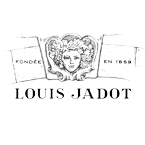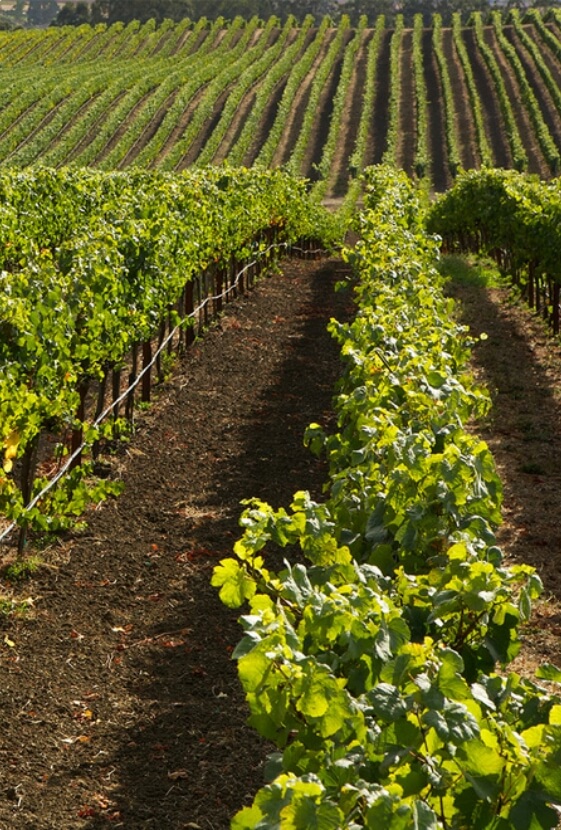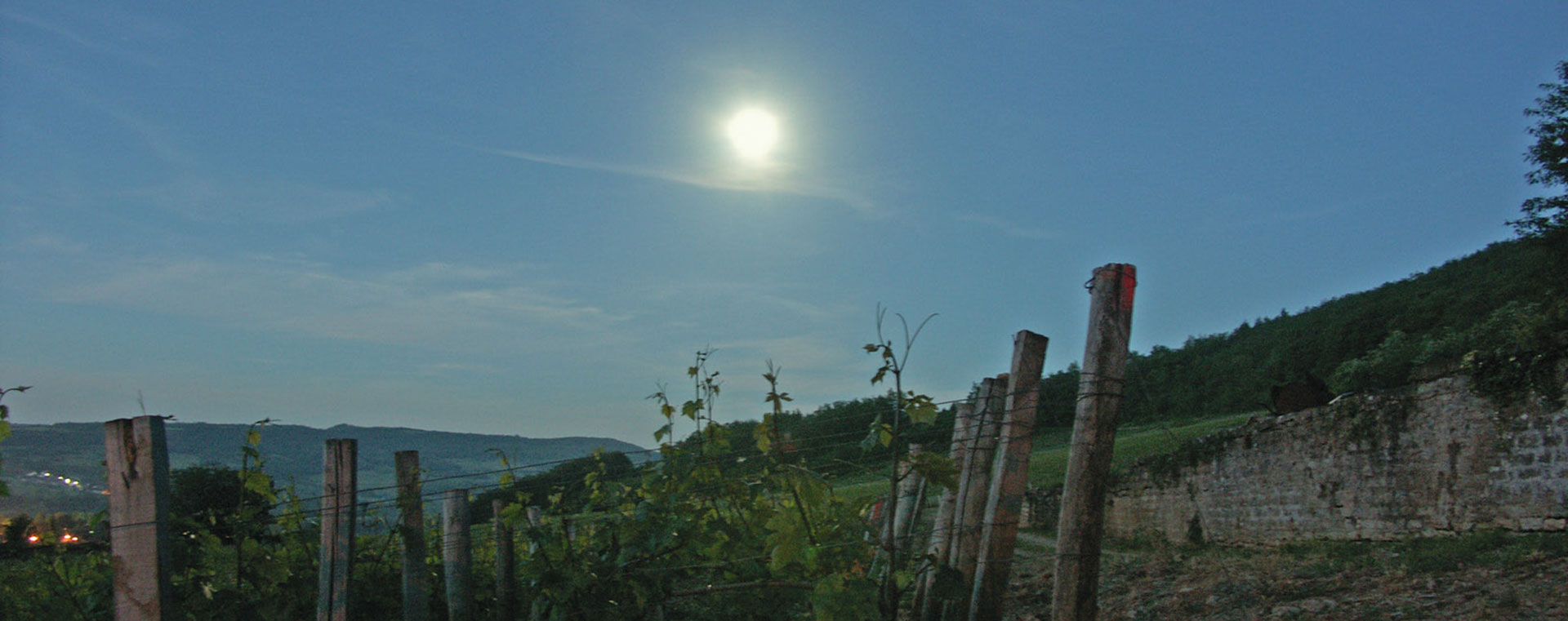

Puligny-Montrachet 2018

Trade Tools
France / Burgundy
The clay and chalk soil of the central Côte de Beaune is very stony, drains well and warms easily. In the vineyards, sustainable viticulture helps ensure high-quality fruit. The grapes are handpicked and sorted, then gently pressed and fermented in oak without artificial temperature control. Partial or no malolactic fermentation is permitted based on the vintage, and a portion of the wine is aged in French oak. Fining and filtration is light. The goal is always to retain the wine’s complexity and structure.
Harvest Note
This was a somewhat turbulent growing season. Lack of soil moisture and a poor fruit set diminished the harvest volumes.
Tasting Note
Distinctive, concentrated fresh fruit and vanilla aromas carry on to the palate and culminate in a persistent, lingering finish. Puligny produces wines with greater firmness and depth than those of Meursault, and greater refinement and delicacy than those of Chassagne.
Technical Data
GRAPES: 100% Chardonnay
APPELLATION: Corton-Charlemagne Grand Cru AOP
PH: 3.18
ACIDITY: 4.07 g/L
ABV: 13.13%
AGING: In oak casks, 30% new, for 16 months
MALOLACTIC FERMENTATION: Partial
RESIDUAL SUGAR: 0.7 g/l
Unique Selling Points
- Puligny wines have more elegance and finesse than those of Meursault and Chassagne.
- Jadot expertise and consistency assures top quality and value
- These terroirs set the world standard for top quality chardonnay
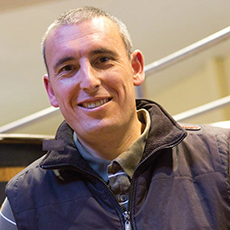
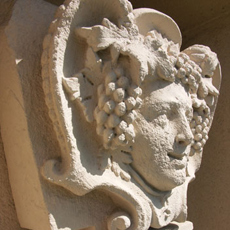
“My aim is to craft enchanting wines that taste of the great diversity of Burgundy.”
Frederic Barnier, Winemaker
About the Grape
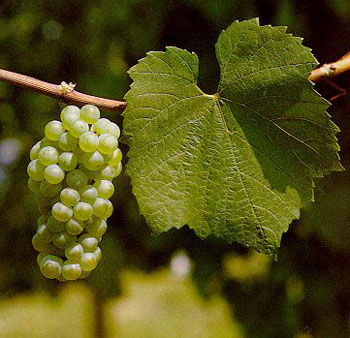
Chardonnay
Though it has a distinctive profile, Chardonnay reflects other factors such as soil composition and vinification technique. Chardonnay is a reliable, hardy and prolific vine whose only real vulnerabilities are frost and uneven development of fruit.

